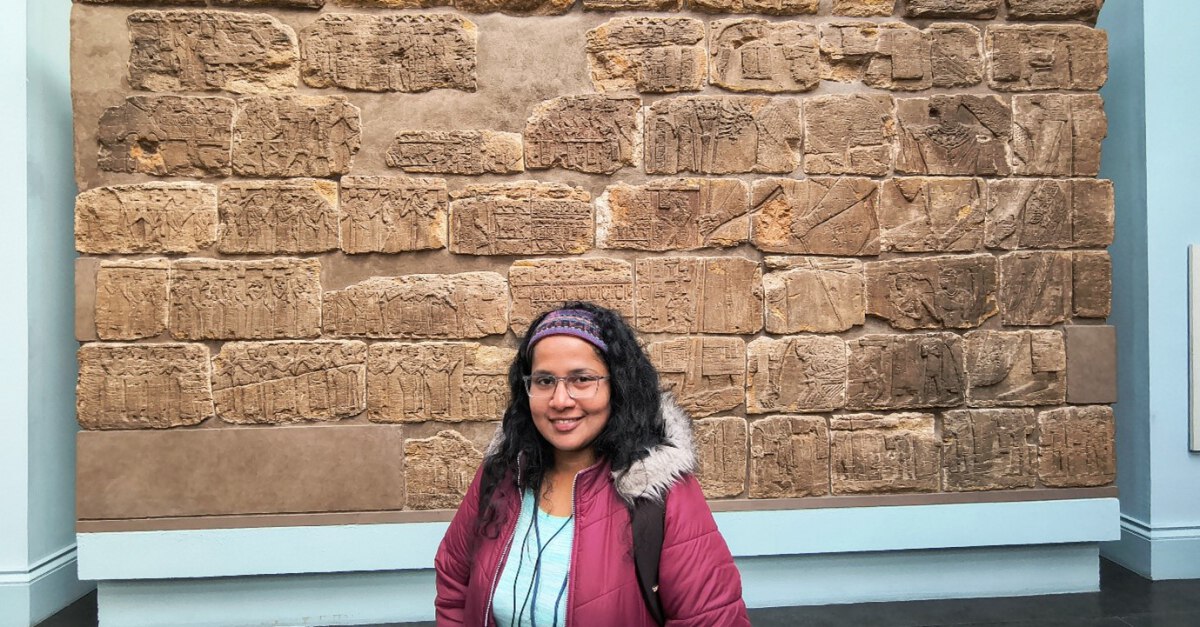Spring clean your research data: how to choose what to preserve
22/11/2016

When your research is complete, you will probably need to deposit your research data in a repository – but how much should you deposit? All of it or just the subset referenced in any articles? The raw or derived data? Selection and appraisal is a key step but the decision-making isn’t always straightforward.
Why not keep everything?
Whilst the cost of storage is ever decreasing, it is not insignificant, and as research data grows so rapidly, and must be stored for 10+ years in many cases (as required by RCUK), the cost of storage, backup, and preservation is expensive. Discovery is also made more difficult when there is a large amount of data and the datasets are less streamlined. And of course, it takes time and effort to prepare data for long-term usability (e.g. adding any necessary documentation), so it’s important that this work is worthwhile – unfortunately none of us have unlimited time at our disposal.
How to evaluate which data to keep
The main criteria to consider are:
- Legal/policy requirements: do you have a contractual obligation to preserve the data? E.g. RCUK funding and used in a publication that requires data to be made available?
- Uniqueness and reproducibility: is the data unique? Would it be hard/impossible/expensive to reproduce?
- Special value: is the data scientifically or culturally significant? E.g. representing a landmark discovery, new techniques, or can you see it aligning strongly with research trends?
- Re-use potential: is it reliable, well-documented data that is likely to be of broad interest with high re-use potential?
It may be useful to evaluate these whilst considering the potential type of re-use of your dataset, be it verification of findings and further analysis (in line with funder aims for data retention), building academic reputation, community resource development, learning and teaching, or private use by your future self.
Plan ahead!
An up-to-date data management plan helps the selection process as it will have covered many of these issues, and ensures that sufficient metadata and documentation is prepared/in progress, so the data can be deposited and re-used relatively easily, minimising the additional effort needed.
You can see a full checklist that guides you through the decision-making process in this selection and appraisal pdf (internal-only) and do get in touch at researchdata@cranfield.ac.uk if you want to discuss this further.
Public domain image from Pixabay.com
Categories & Tags:
Leave a comment on this post:
You might also like…
From passion to purpose: My journey at the Pinnacle of Aviation
By: Sultana Yassin Abdi MSc Air Transport Management, Current Student Born and raised in the vibrant landscape of the UAE, with roots stretching back to Somalia, my life has always been ...
From Sri Lanka to Cranfield: How a Commonwealth Scholarship transformed my environmental engineering journey
Hi, I’m Kavithanjali Uthayashangar and I’m here to tell you about my journey into environmental engineering. It began with a simple but powerful motivation: a desire to understand how engineering can ...
Celebrating excellence: Cranfield’s first Student Funding Team Celebration Event
On Wednesday 21 January, the Cranfield Student Association (CSA) played host to a significant occasion: our first-ever Student Funding scholarship celebration. Hosted by Diane Blything (Assistant Registrar) and Gill Ireland (Student ...
Aligning my passion and my career at Cranfield University
I’ve learnt to be flexible and try new things – you never know where it could take you to! Hello! My name is Sophie and I’m studying MSc Air Transport Management. Why did ...
From Sri Lanka to Cranfield: How a Commonwealth Scholarship transformed my environmental engineering journey
Hi, I’m Kavithanjali Uthayashangar and I’m here to tell you about my journey into environmental engineering. It began with a simple but powerful motivation: a desire to understand how engineering can ...
Inside the Air Transport Management MSc: Classes, assignments, and group project work
What’s it really like to study Air Transport Management at Cranfield? Adit walks us through a typical day, assignment expectations, and the excitement of hands-on group projects. This is the second of three blog ...





